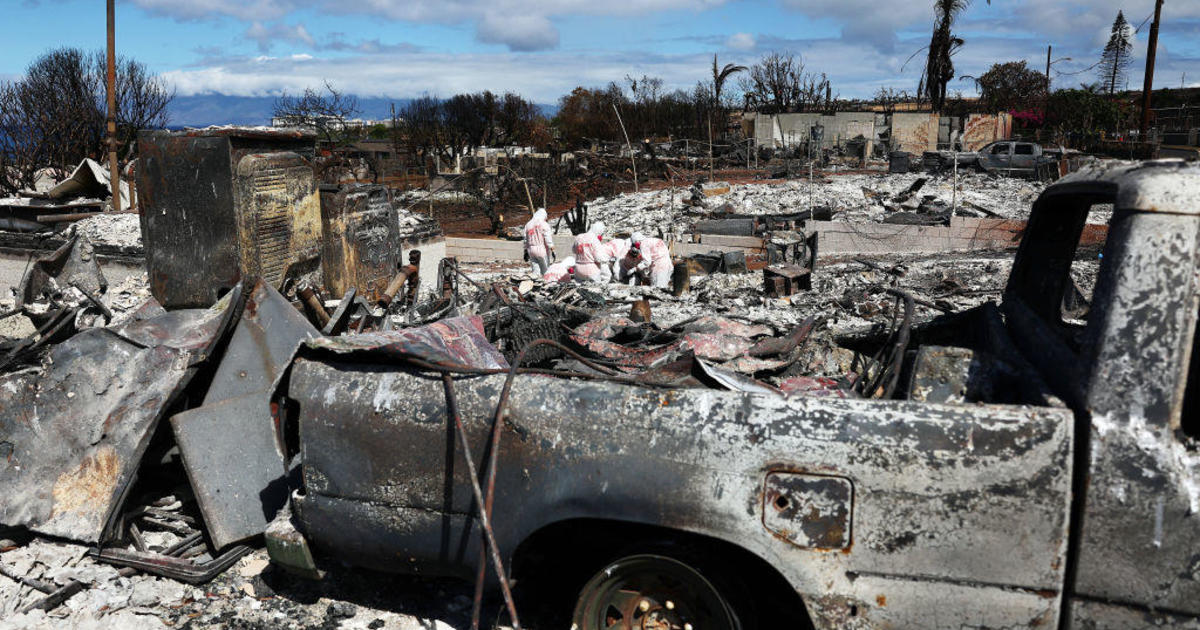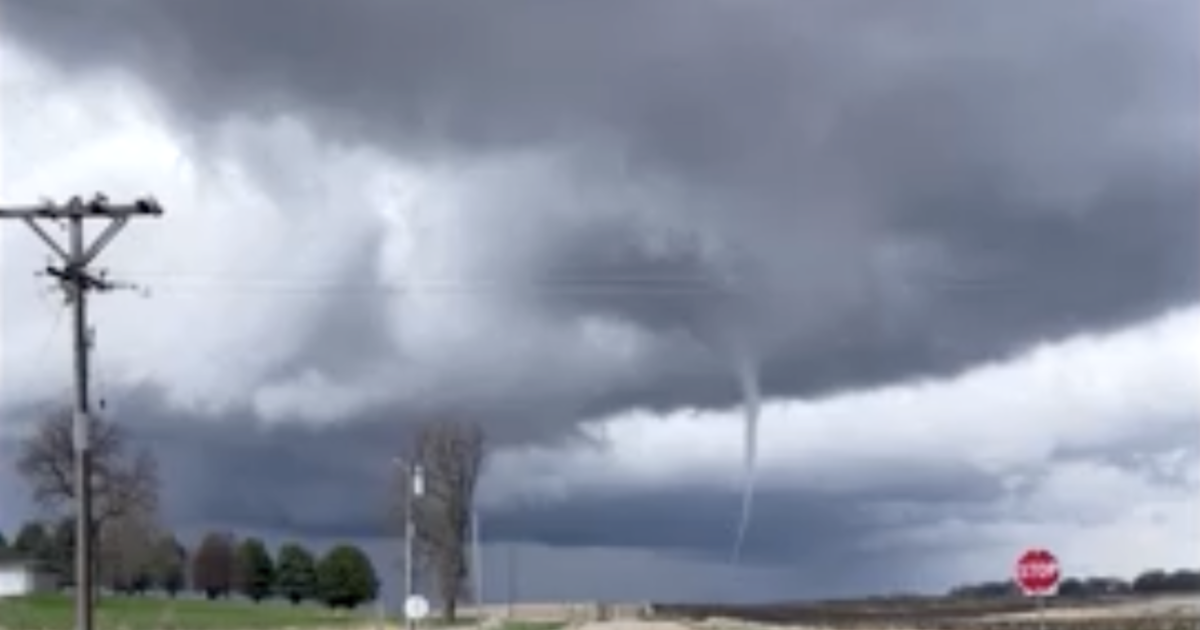Wildfires burn in California, Montana and Idaho as firefighters contend with scorching heat
Wildfires in California, Montana and Idaho exploded in size overnight amid windy, hot conditions and were quickly encroaching on neighborhoods Saturday.
In Northern California's Klamath National Forest, the fast-moving McKinney fire had burned an estimated 30,000 to 40,000 acres Saturday with zero containment, according to the U.S. Forest Service. The fire started Friday in a largely rural area in Siskiyou County, near the Oregon state line. Videos posted to social media showed a massive plume of smoke billowing hundreds of feet into the air.
California Gov. Gavin Newsom issued a state of emergency Saturday evening for Siskiyou County. The governor's office said more than 2,000 residents were under evacuation orders, and disclosed that the McKinney Fire had "destroyed homes." An estimate on the number of homes damaged or destroyed in the blaze has not been provided.
Wind, lightning and hot temperatures were expected to make the McKinney blaze "problematic for the firefighters" over the weekend, according to officials. The explosive growth forced crews to shift from trying to control the perimeter of the blaze to trying to protect structures and assist in evacuations.
Complicating matters, the National Weather Service reported that "excessive and record-setting heat" was expected through Sunday for the Pacific Northwest, with some areas likely to see triple-digit temperatures.
The NWS also said that thunderstorms were "expected to develop" in Siskiyou County late Saturday afternoon, bringing the possibility that lightning strikes could start new wildfires.
Deputies and law enforcement were knocking on doors in the county seat of Yreka and the town of Fort Jones to urge residents to get out and safely evacuate their livestock onto trailers. Automated calls were being sent to land phone lines as well because there were areas without cell phone service.
"We're asking residents all over the area to be ready," Siskiyou County Sheriff's Office spokesperson Courtney Kreider said. "Last night we were pushing out evacuations about every hour, and there are large portions of the county that are in warning areas."
Moments later, she said, "Oh — we just added another zone to the evacuation warning."
Click Edit Button to Change Preformatted Text
Meanwhile, in western Montana, the Elmo wildfire doubled in size to more than 6 square miles near the town of Elmo and Flathead Lake. The wind-driven Elmo Fire forced evacuations of homes and livestock as it raced across grass and timber, according to The National Interagency Fire Center, based in Boise. The agency estimated it would take nearly a month to contain the blaze.
Smoke from the blaze shut down a portion of Highway 28 between Hot Springs and Elmo because of the thick smoke, according to the Montana Department of Transportation.
Crews from several different agencies were fighting the fire on Saturday, including the Confederated Salish and Kootenai Tribes Fire Division. Six helicopters were making drops on the fire, aided by 22 engines on the ground.
The Lake County Sheriff's Office said Saturday morning that additional homes were in "pre-evacuation" status, and residents were being asked to monitor information from area agencies in case the weather shifts and more evacuations are needed.
Roughly 200 miles to the south, Idaho residents remained under evacuation orders as the Moose Fire in the Salmon-Challis National Forest charred more than 67.5 square miles in timbered land near the town of Salmon. It was 17% contained. More than 930 wildland firefighters and support staff were responding to the Moose fire Saturday.
A red flag warning indicating that the weather could cause extreme fire behavior was in effect for the area, with "dry thunderstorms" — generally causing lightning and wind without rain — expected.
Firefighters were working to protect homes, energy infrastructure and the Highway 93 corridor, a major north-south route. Two pilots fighting the fire died when their helicopter crashed into the Salmon River on July 21.
The U.S. House on Friday approved wide-ranging legislation aimed at helping communities in the region cope with increasingly severe wildfires and drought — fueled by climate change — that have caused billions of dollars in damage to homes and businesses in recent years.
The measure combines 49 separate bills and would increase firefighter pay and benefits; boost resiliency and mitigation projects for communities affected by climate change; protect watersheds; and make it easier for wildfire victims to get federal assistance.
The bill now goes to the Senate, where California Democratic Sen. Dianne Feinstein has sponsored a similar measure.



